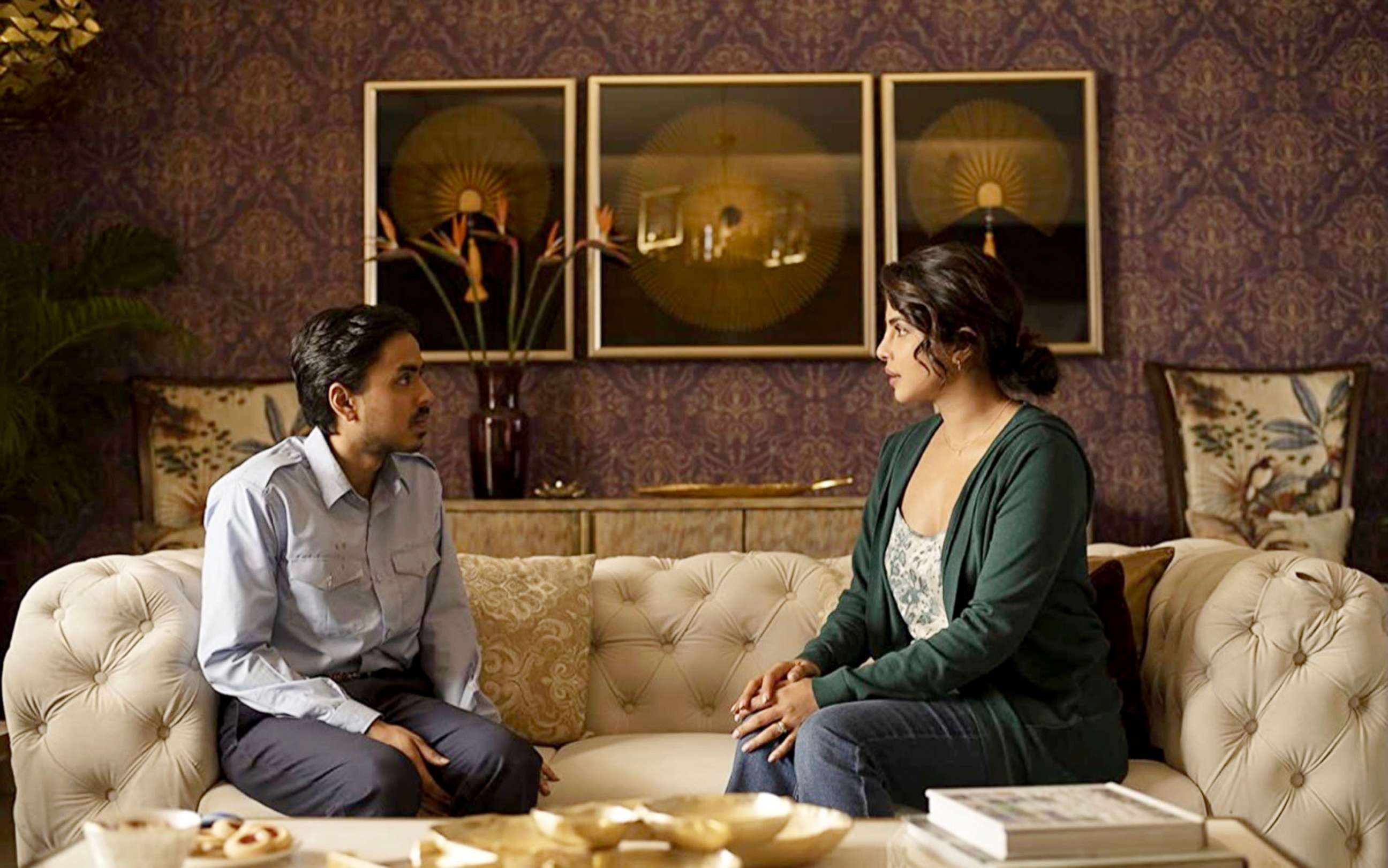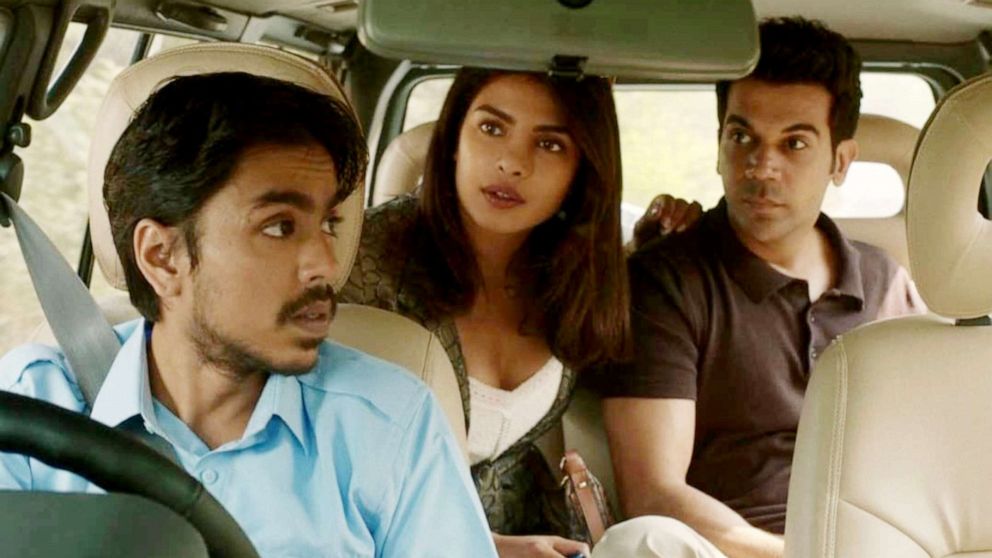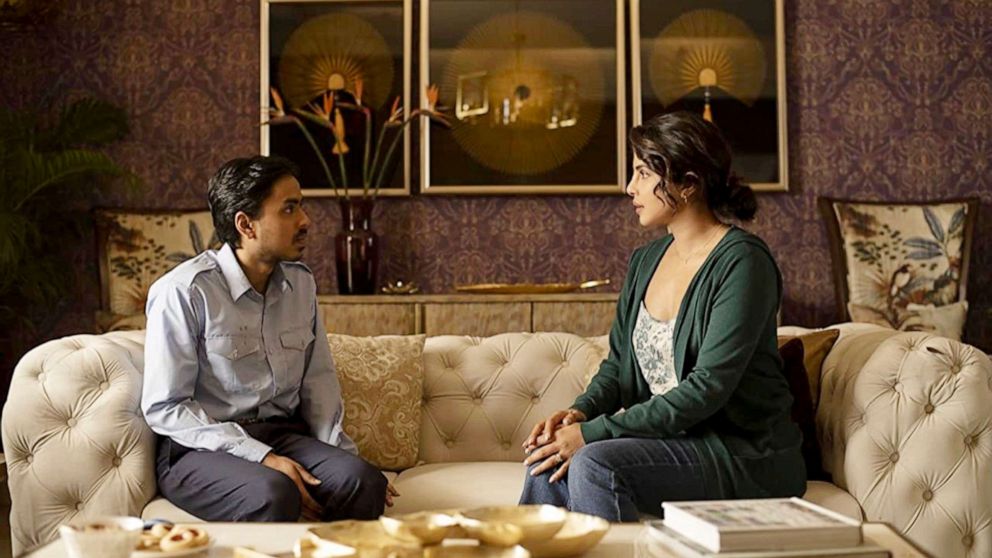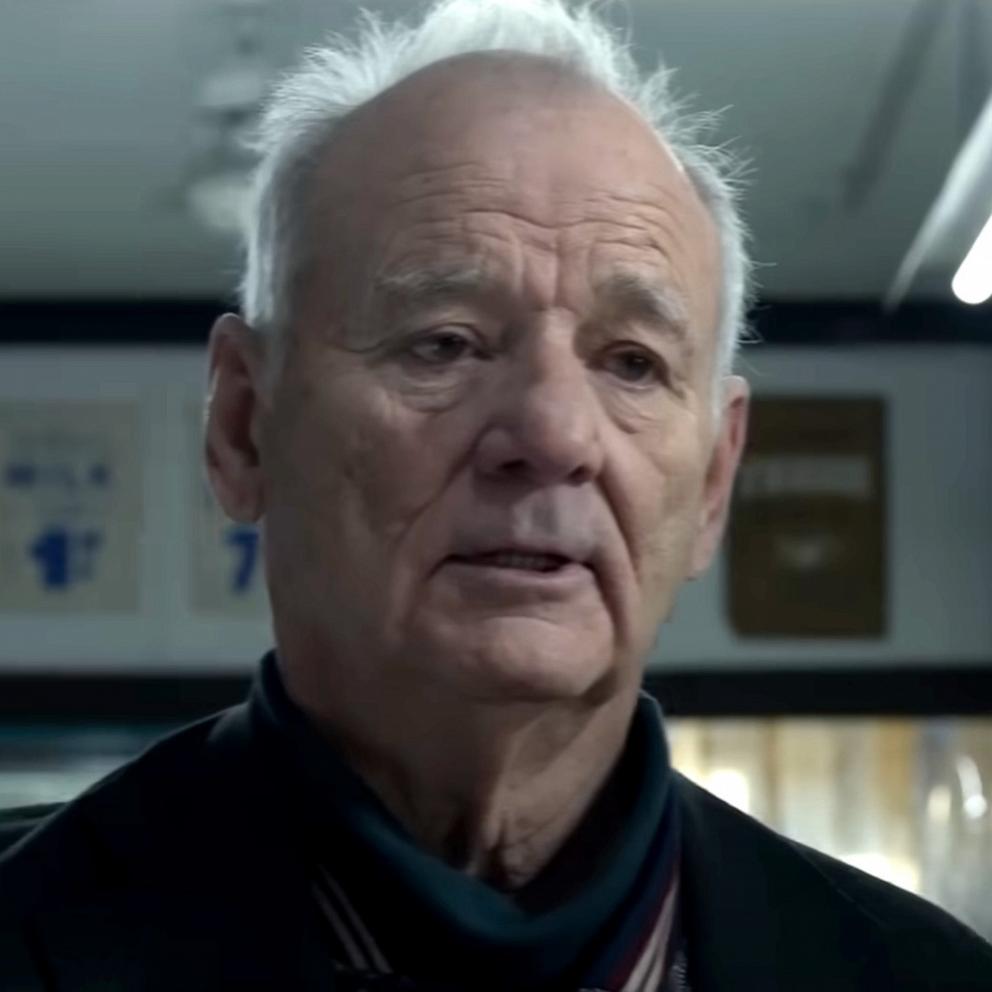'The White Tiger' review: Director Ramin Bahrani keeps you on the edge of your seat

Priyanka Chopra-Jonas lends her beauty and star power to "The White Tiger," the enthralling screen adaptation of Aravind Adiga's bestselling novel about the haves and have-nots in modern India. The deadly incident that sparks the densely packed movie, now streaming on Netflix, involves Chopra-Jonas as Pinky, the Brooklyn-born bride of wealthy, American-schooled Ashok (Bollywood legend Rajkummar Rao), the youngest son of the town's abusive, avaricious landlord. Against the advice of her husband and their Hindu driver, Balram (Adarsh Gourav), Pinky takes them on a drunken joyride through the impoverished streets of Delhi. All hell breaks loose when Pinky accidentally hits a pedestrian and Baram is asked by the family to take the blame in a signed confession that can be used if their hit-and-run coverup fails.

It's that act of betrayal that fires the once-submissive Balram to take his destiny into his own hands, which means narrating his own story as he moves from his beginnings as a work slave to an entrepreneur with the power to subjugate others as he's been subjugated. Belram and the other drivers live underground in grungy garages that serve as a metaphor for the class system. Balram comes to see himself as a white tiger, a rare animal said to be born only once in a generation, in this case a rebel who's hellbent on busting out of the "rooster cage" where India's poor accept their fate. With cunning ambition, Belram realizes the two ways out for him are crime and politics, both of which come in handy as he builds a fleet of taxis and seeks the help of the visiting Chinese premier, Xi Jinping, by claiming "the future of the world lies with the yellow man and the brown man."
Download the all new "Popcorn With Peter Travers" podcasts on Apple Podcasts, Spotify, Tunein, Google Play Music and Stitcher.
There are enough plotlines in the far-reaching "The White Tiger" to power a TV series over several seasons. And the film errs by trying to squeeze too much of a sprawling novel into a two-hour-plus film. Yet writer-director Ramin Bahrani keeps you on the edge of your seat. The Iranian American filmmaker, who won acclaim for his studies of the U.S. class struggle in "Man Push Cart," "Chop Shop" and "99 Homes," grew close to Indian novelist Adiga when they were both students at Columbia University. Bahrani, to whom Adiga dedicated his novel, preserves the book's tricky balance of wicked wit and wounding provocation.

The acting is pitch perfect throughout. Cheers to Chopra-Jonas, who executive-produced the film (as did "Selma" director Ava DuVernay), for bringing such a depth of feeling to the role of a woman who is perhaps not as enlightened as she believes she is. Rao is also attuned to the contradictions of his role as he reverts to his father's brutal treatment of a man he pretended to treat as a friend. Yet "The White Tiger" belongs to Gourav, the Mumbai-raised singer-songwriter who seizes his acting breakthrough and rides it to glory. Gourav uses humor, heart and satirical bite to keep us in Baram's corner on his morally perilous journey. Like the Oscar-winning "Slumdog Millionaire," "The White Tiger" sweeps us up on the rising tide of capitalism in India. Baram knows that for him there is no "million-rupee game show you can win to get out of it." In ways intimate and epic, this "Tiger" roars.




